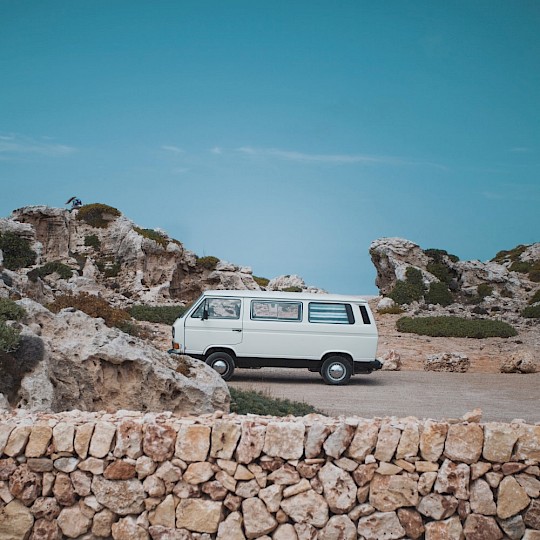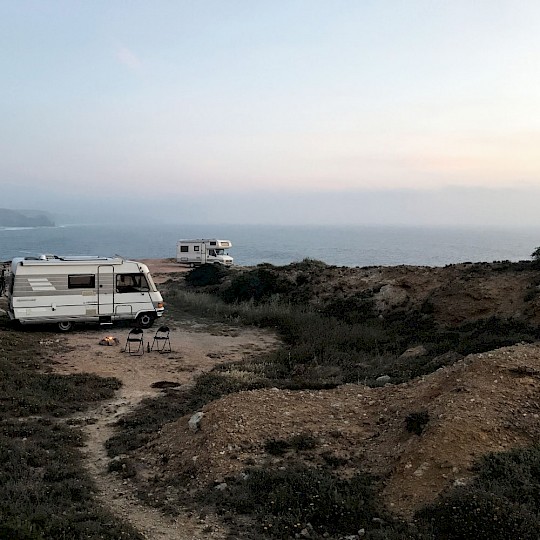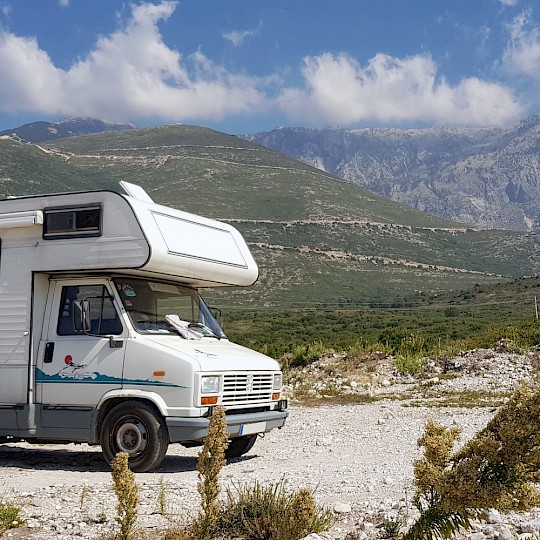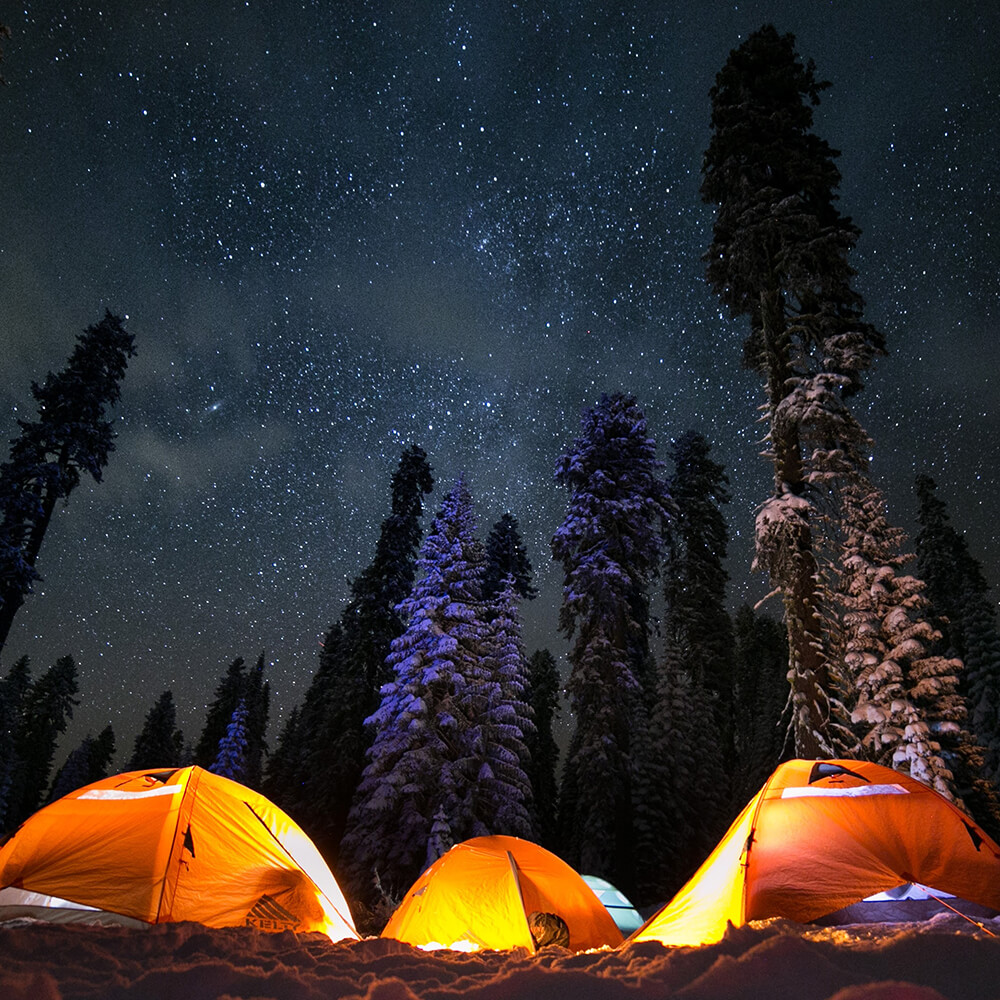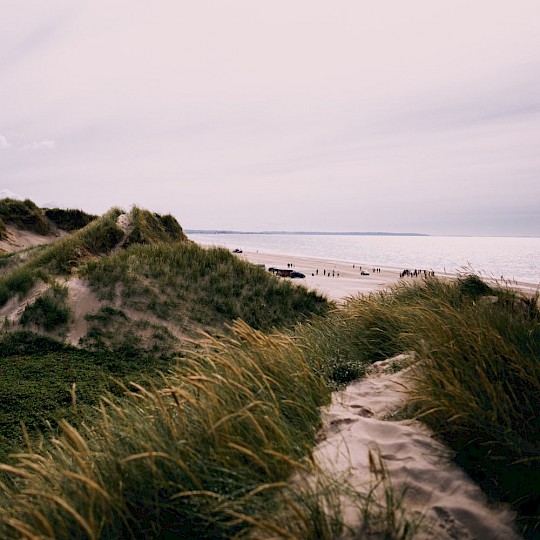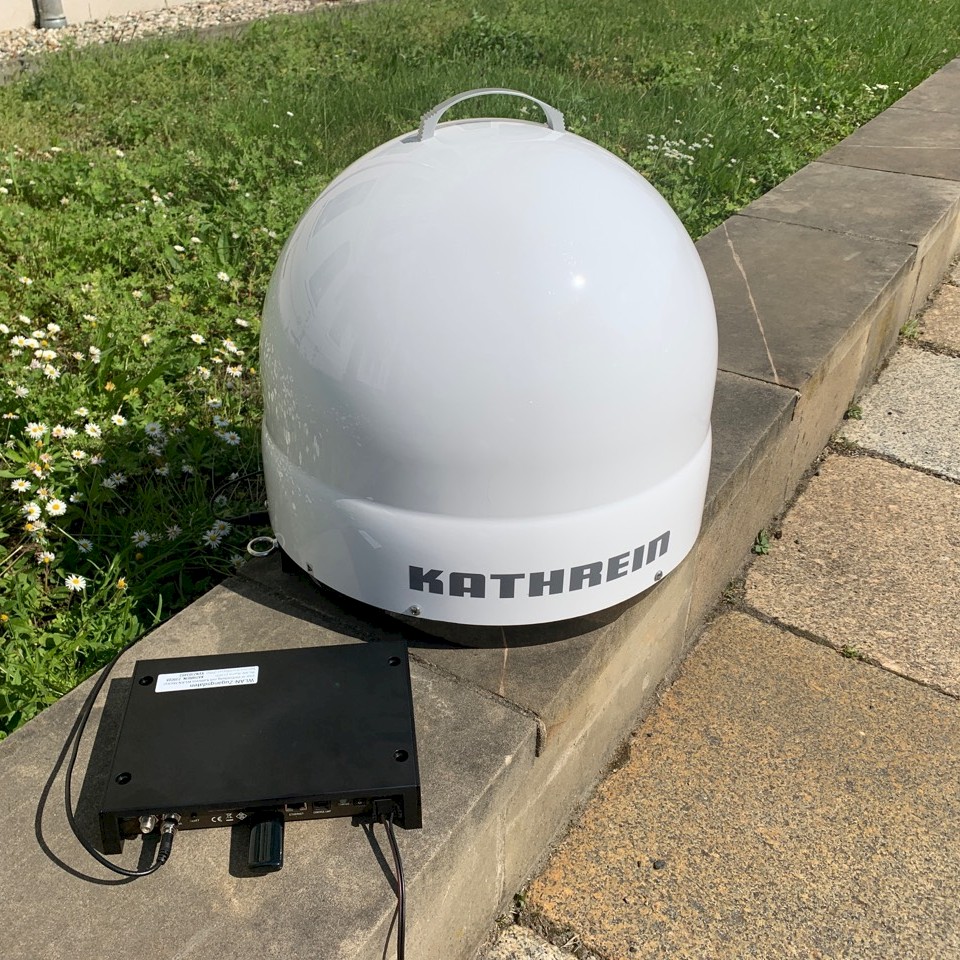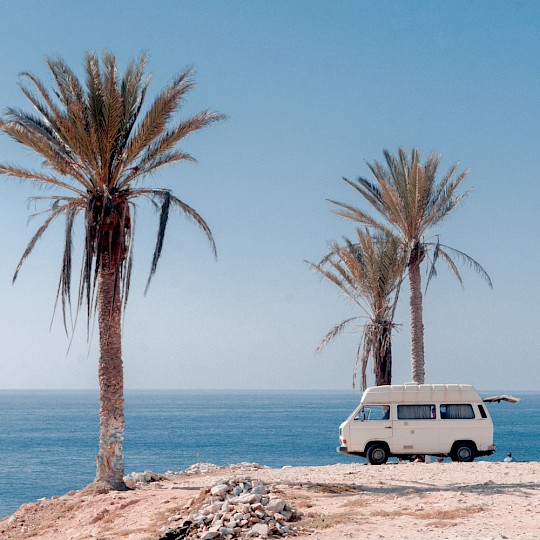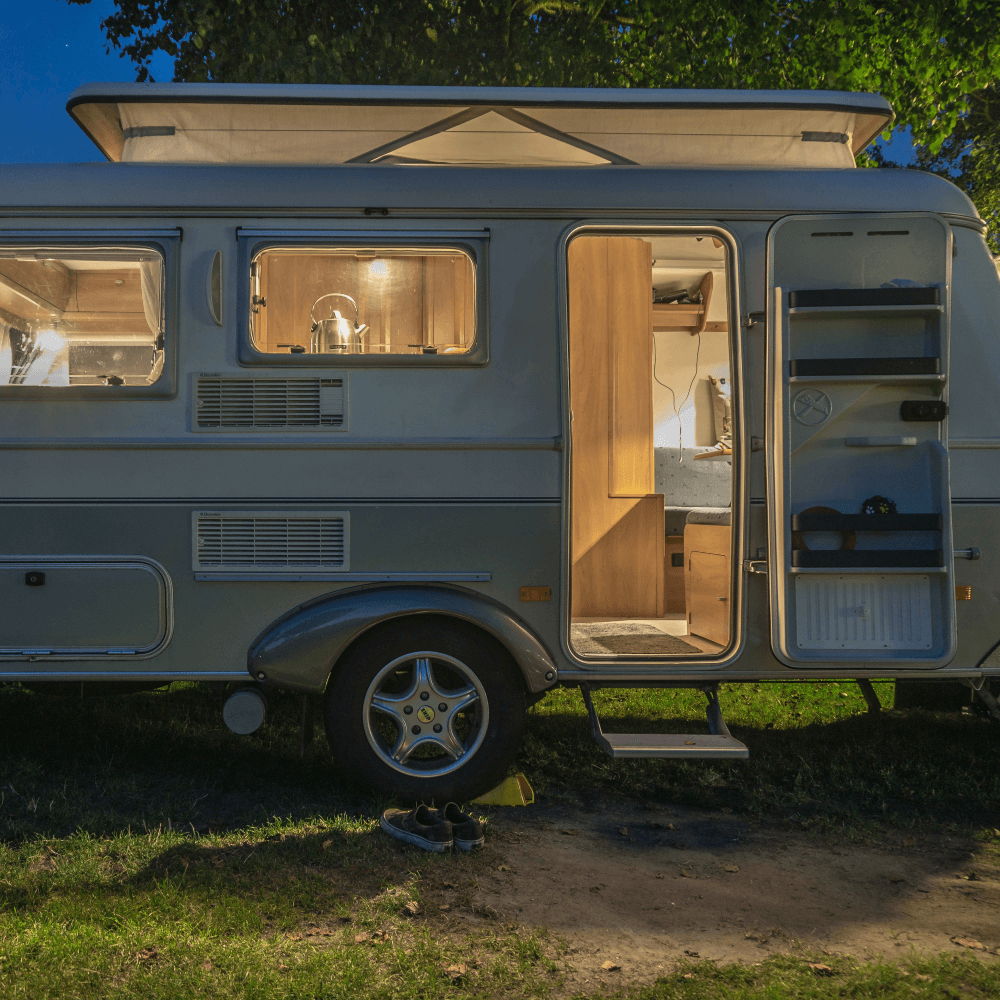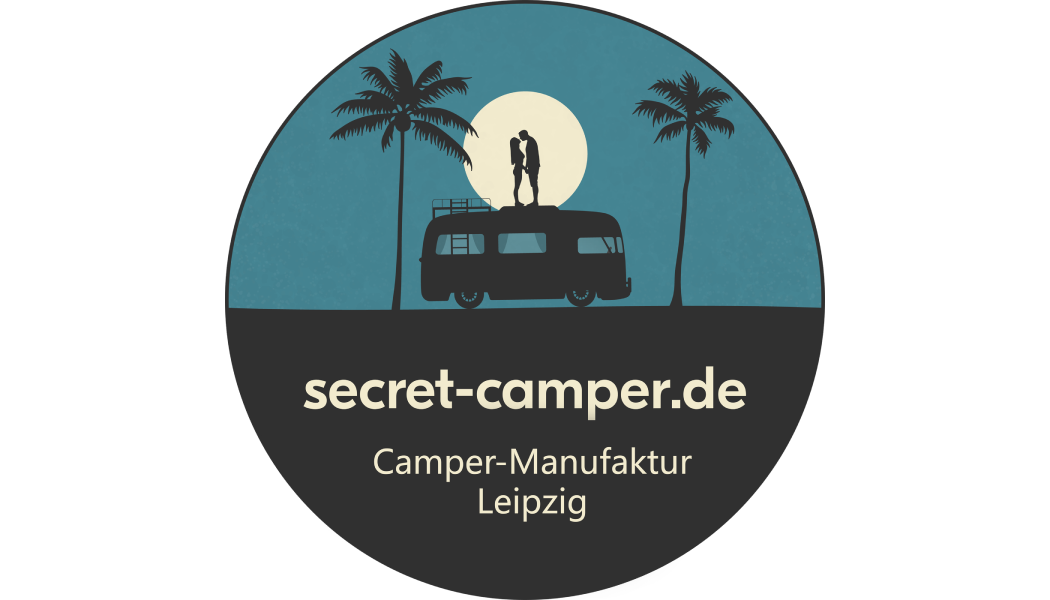Fact #1 - Capital of South America
Today, the Portuguese capital is Lisbon. From 1808 to 1821, however, the Brazilian city Rio de Janeiro was the official capital of Portugal. The reason for this was the flight of the then king to the colony Brazil.
Fact #2 - The British Tea-Time comes from Portugal
The English owe their national drink to the Portuguese. Catherine of Braganza brought her favorite drink to the island with her after her wedding with the English King Charles II.
Fact #3 - Bookshop
The oldest still operating bookstore in the world can be found in Lisbon. The Livraria Bertrand was opened in 1732 in the Chiado district and has been on the same site ever since.
Fact #4 - The oldest alliance
Portugal has the oldest diplomatic alliance in Europe. In 1373 Portugal allied with England, the Treaty of Windsor. In it, the countries assured themselves of eternal economic and military cooperation.
Fact #5 - Construction times
The Igreja de Santa Engrácia is the church with the longest construction period in the world. How long? 285 years. The first stone laying in 1681 and was completed in 1966.
Fact #6 - Monsanto
We mean the village in Portugal and not the company from the United States. Monsanto was elected "Portugal's most Portuguese village" in 1938.
Fact #7 - Earthquake
In 1755 Lisbon was hit by a severe earthquake. It reached 9 on the Richter scale and is one of the worst earthquakes in Europe. Almost 85 percent of the buildings were destroyed.
Fact #8 - Bridge length
The longest bridge in the world is in Portugal and measures 17.2 km. The Ponte Vasco da Gama was completed in 1998 after three years of construction and was built for the Expo '98 World Exposition.
Fact #9 - The perfect wave
The biggest wave ever surfed was off the coast of Nazaré. It had a height of 23.77 m and was conquered by Garrett McNamara.
Fact #10 - Slavery
Portugal was the first European country to participate in the transatlantic slave trade. It was also the first colonial power to abolish slavery.




